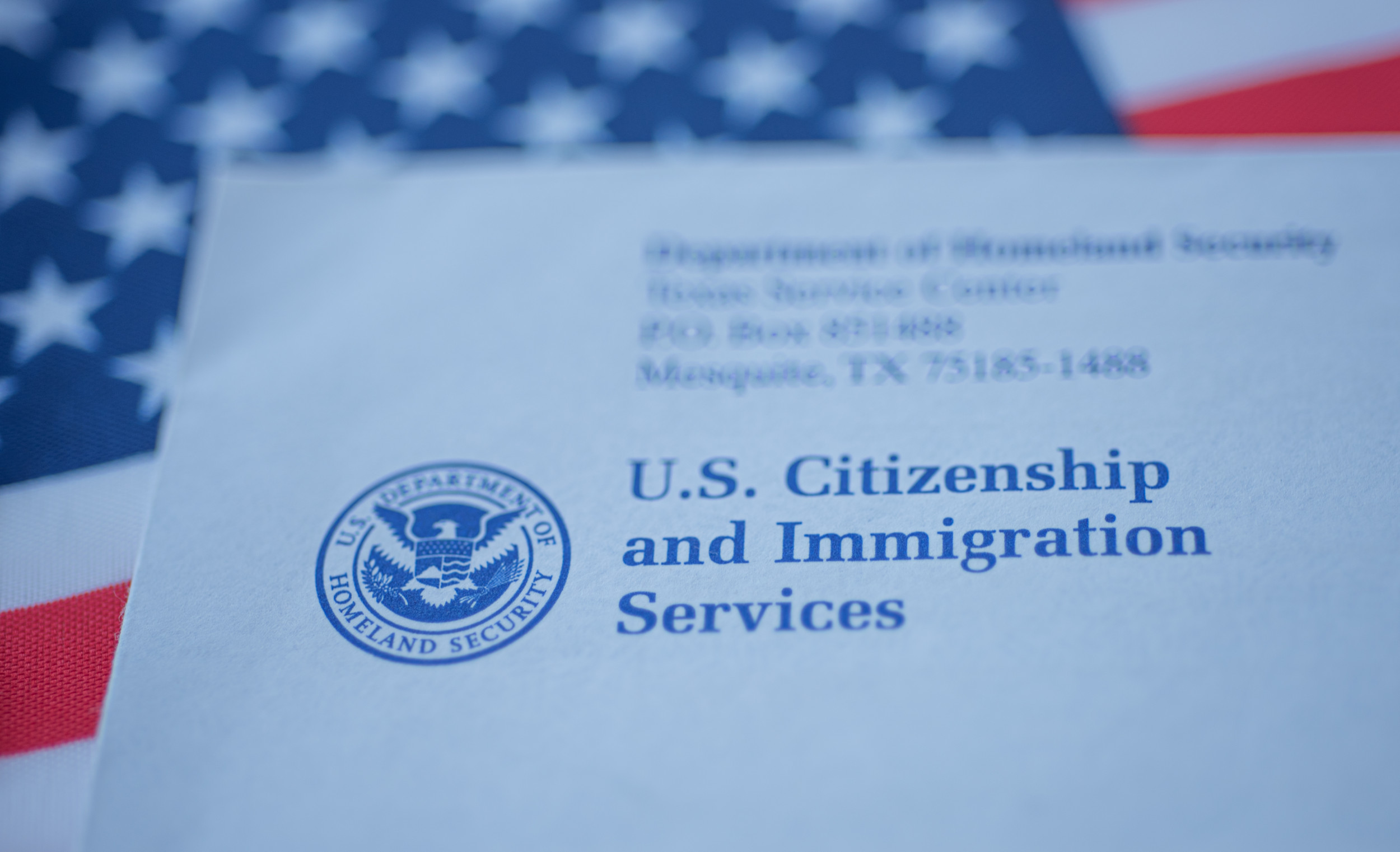Great news for undocumented immigrant spouses of U.S. citizens! Around 500,000 spouses, along with their stepchildren, can now apply for permanent resident status, commonly known as a “green card.”
This announcement came from the Department of Homeland Security (DHS) on Monday, which has opened a new pathway for spouses who originally entered the U.S. without proper admission or parole.
As of August 19, children of these noncitizens, born outside the U.S., may also qualify for this opportunity.
According to Ur M. Jaddou, Director of U.S. Citizenship and Immigration Services, “Many noncitizen spouses—many of whom are parents—live with unnecessary uncertainty due to hurdles in our immigration system.”

DHS estimates that over two-thirds of noncitizen spouses married to U.S. citizens were previously ineligible for “adjustment of status” and had to go through lengthy processes overseas to rejoin their families.
However, with the new criteria from DHS, this is set to change.
Eligibility for Adjustment of Status
So, who can now apply? Spouses must meet the following criteria: they need to have been in the U.S. without admission or parole since at least June 17, 2014, up to the date they file their application. They also need to have a lawful marriage to a U.S. citizen that occurred before June 17, 2024.
Additionally, they can’t have any serious criminal history, and they must not pose a security threat.
It’s believed that around 500,000 spouses can benefit by using Form I-131F from USCIS.
Stepchildren are also included if they’re under 21, unmarried as of June 17, 2024, and have been continuously residing in the country for the last decade. About 50,000 stepchildren may qualify as well.
However, those who were admitted into the U.S. by immigration authorities without legal status are not eligible to apply.
Focused on Family Unity
Back in 2021, President Biden directed DHS to explore methods for reducing immigration obstacles for these individuals. The new initiative aims to “promote family unity” while streamlining the path to legal residency.
This approach not only supports families but is also expected to boost the U.S. economy by allowing immigrants to work legally.
DHS also mentions that this pathway will enhance national security, improve diplomatic relations, and alleviate pressure on governmental resources.
“This effort to keep U.S. families united will remove unnecessary barriers for those qualified to live and work lawfully in the U.S.,” Jaddou explained.
The announcement was met with enthusiasm from immigration advocacy groups and lawyers. Kelli Stump, president of the American Immigration Lawyers Association, noted, “This program is overdue, and we are excited to see the positive changes it will bring to our clients and their U.S. citizen relatives.”
On the flip side, the National Immigration Center for Enforcement criticized the program, suggesting that it places undocumented immigrants ahead of American families.
This initiative is part of broader actions by the Biden administration to allow “parole in place” for citizens from specific countries, enabling case reviews while individuals remain in the U.S. without fear of deportation, although there’s no guarantee of approval.
